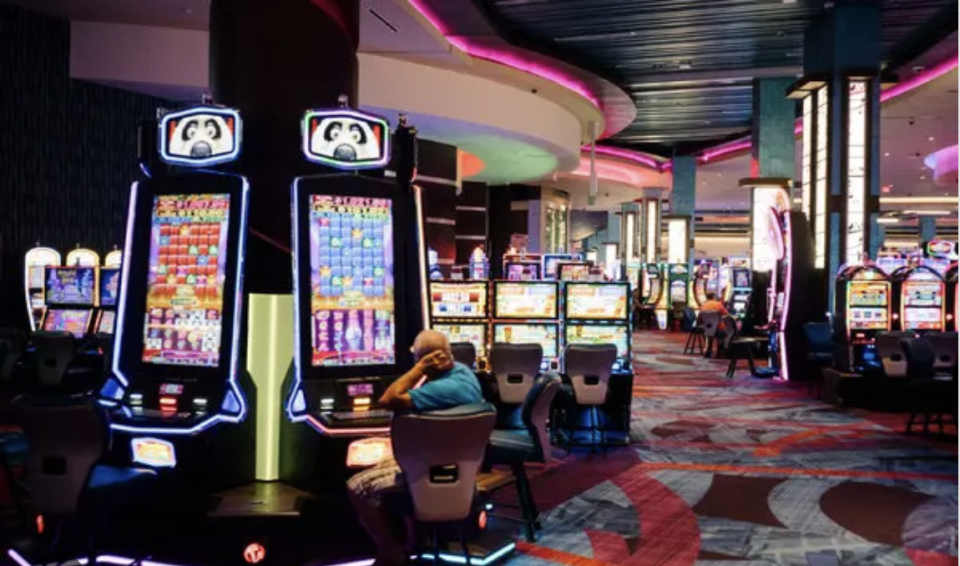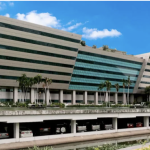The government is once again contemplating the legalization of casinos to attract investment and tourism, as indicated in a study presented to the House of Representatives on Friday. However, such proposals have historically faced opposition from the public.
In Thailand, the only permitted forms of gambling are state-controlled horse races and the lottery. Despite this, the study, conducted by a committee of 60 government and opposition lawmakers, revealed that at least 10% of Thais are addicted to gambling.
There is belief within the industry that establishing a legal casino market in Thailand could be highly successful in attracting international visitors, potentially becoming a significant competitor to Macau, the world’s largest gambling hub where Chinese citizens can legally gamble in casinos.
While discussions on the legalization of gambling have taken place in the past, no government has proceeded due to public resistance. A 2021 opinion poll showed that 46.51% opposed legalized gambling due to moral and crime-related concerns, while 21.25% were in favor.
Although a similar study was approved by the previous parliament last year, the cabinet could not consider it as the house was dissolved.
According to details in the study obtained by Reuters, private companies would be responsible for funding the construction and operation of entertainment complexes, including casinos, while the government would handle taxation and regulation. Sorawong Thienthong, vice chairman of the parliamentary committee, stated that Thai and foreign companies with relevant experience would lead most of the investments, with an estimated minimum investment for a large complex set at 100 billion baht (US$2.79 billion).
The study includes a draft law for the casino concept, which would require parliamentary approval before being forwarded to the cabinet for review. While specifics like the number of complexes and their locations are not defined, the committee suggested that each complex should be situated in a primary tourist destination within 100 kilometers (60 miles) of an airport.
Mr. Sorawong mentioned that the study could be up for parliamentary approval on March 28 and expressed the desire to finalize the law and begin issuing licenses to investors during the current government’s tenure.
READ MORE STORIES: https://bangkokone.news




